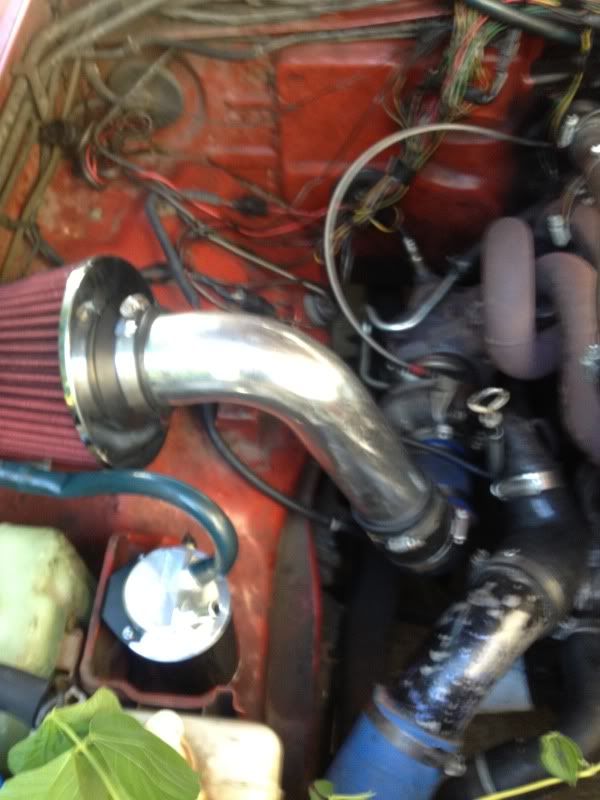I recently heard about "catch cans"...they're sort of an air filter for the PCV valve vacuum. They keep crankcase gunk from going into your intakes. More and more, I see the benefit of doing this.
At present, I'm scratching my chin thinking HOW I want to do this. Forum input will benefit everybody.
Redneckmoparman offers a starting point with this website:
http://forum.2gn.org/viewtopic.php?t=9377





 Reply With Quote
Reply With Quote














Bookmarks